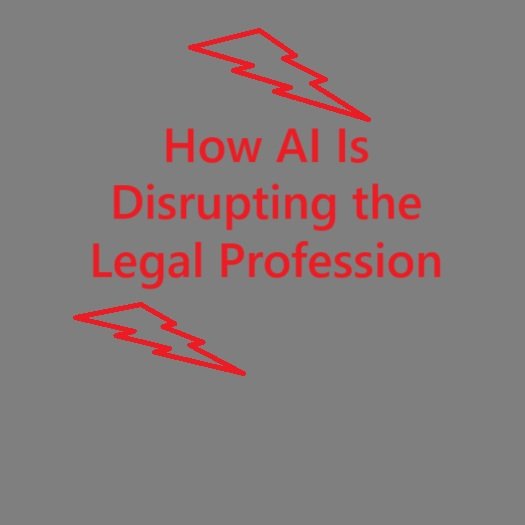Understanding AI in the Legal Profession
AI is significantly disrupting the legal profession by introducing notable changes in the way legal services are delivered. Although the basic principles of the industry have remained constant for over a century, legal professionals continually seek improvements and optimization in their processes.
Innovation can be found everywhere and the Legal Profession is no exception. Artificial Intelligence (AI), one of the biggest innovations of recent times, is revolutionizing how things are conducted across many fields from finance to healthcare and education – including legal matters! AI is changing how lawyers analyse documents and manage cases, so here we explore its effects on legal matters as a whole.
Table of Contents

Document Analysis
One of the primary challenges faced by lawyers today is document review. A single case can generate thousands of pages that need to be examined, analysed and classified manually – this process can be time-consuming and susceptible to human mistakes. Using natural processing of language and machine learning algorithms, AI is revolutionizing document analyses by quickly going through hundreds of documents in seconds to find patterns or keywords relevant to particular details – an invaluable advantage in litigation that allows lawyers to quickly build convincing cases quickly with greater accuracy.
Case Management
Artificial Intelligence can prove invaluable in case management. Lawyers could spend days reading through various documents and going over precedents before crafting arguments in their cases – an arduous and time consuming task that AI can help automate by highlighting pertinent documents, recognizing crucial legal precedents, generating documents such as contracts for clients to sign, as well as offering advice. As AI becomes more advanced it may eventually automate all steps from beginning to completion for legal documentation filing processes and filing.
Automate procedures
AI offers significant savings to legal institutions when used to automate procedures, and ultimately offer their services at less cost to clients. This is particularly applicable for smaller and mid-sized law firms which must compete against larger firms with more resources; AI helps level the playing field while offering legal services to people of all ages.
AI can transform how lawyers conduct their work. Through automating routine tasks like reviewing documents and research, attorneys have more time for strategic tasks like trial preparation or counselling clients – leading to quicker resolutions of cases and improving efficiency overall.
As AI continues to revolutionize the legal industry, roles and responsibilities for legal professionals will also change accordingly. Legal professionals must adapt and feel comfortable using AI tools in order to remain ahead of this trend; over time this may allow more focus on strategic, analytical and moral aspects of law while leaving routine or repetitive tasks up to AI.
AI is revolutionizing lawyers’ work. From document analysis and case management efficiency to cost savings and changing roles, AI is already making waves in the legal field. As AI progresses further, we may witness even more dramatic developments within this field – though some ethical concerns exist for its use; nevertheless it’s evident that using AI could make legal processes faster, cheaper and more precise; AI is leading the charge. Legal professions are at the edge of change with AI leading the charge!
The disruption caused by AI is not without its challenges. Some concerns include:
- Job displacement: Some legal tasks are being automated, which could lead to job losses for paralegals and other legal professionals.
- Bias and discrimination: AI systems trained on biased data can perpetuate and amplify existing inequalities in the legal system.
- Ethical considerations: The use of AI in the legal system raises a number of ethical questions, such as the potential for bias, the role of human judgment, and the implications for privacy and data security.
Despite these challenges, AI has the potential to revolutionize the legal profession by making legal services more efficient, accessible, and affordable. As AI technology continues to develop, it is important to have open and thoughtful conversations about the ethical implications of its use in the legal system and to ensure that it is used in a way that benefits everyone.
Discover more from TechResider Submit AI Tool
Subscribe to get the latest posts sent to your email.
